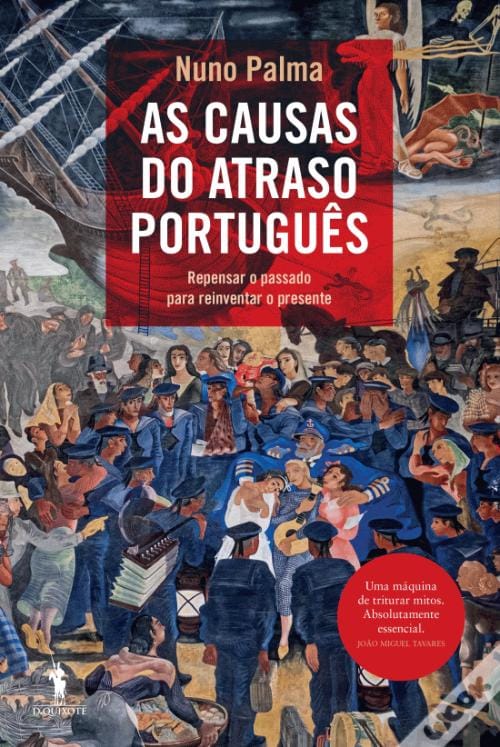by John Hirst (2009)
Pages: 193, Final verdict: Great-read
I think we all know a bit of European history. It all started in ancient Greece and the Roman Empire. The fall of the Empire gave birth to the Middle Ages, which ended with the Renaissance, where a bunch of art was made. The steam engine eventually got into the spotlight during the Industrial Revolution, we had two World Wars, Europe became united and and now we're here.
And because that might be of most of us remember from History classes, the Shortest History of Europe wants to take us little bit beyond that. With less than 200 pages, it is a concise account of our history built from a series of lectures given by John Hirst as a professor at the La Trobe University in Melbourne.
The foundation of European civilisation
The book kicks off with the author's thesis on how our modern civilisation came to existence. According to John Hirst, a lot of what makes us Europeans can be traced down to the combination of these 3 elements:
- The culture of ancient Greece and Rome who believed the world was simple, logic and mathematical
- The pilgrimage of Christianity from the remote religion of the Jews to the epicentre of Europe
- The culture of the German warriors who invaded the Roman Empire
These 3 elements became entangled as we move from the initial small cities states that made Greece to the German invasions that overthrew the Roman empire in 476 AD. The role of the church gained prominence as the organisation that preserved the knowledge and learning of Greece and Rome, and they converted the German warriors - who struggle to create stable governments and even collect taxation - to Christianity.
It is fascinating to learn how everything from forms of government, rule of law, religion and scientific curiosity stem from these 3 elements, which spread first within Europe by the 14th century, and then beyond with the European expeditions of the 1400s.
“The Greek view was that the world is simple, logical and mathematical. The Christian view was that the world is evil, and Christ alone saves. The German warriors’ view was that fighting is fun.” - John Hirst
Invasions, wars and everything in between
Following the initial 2 chapters on European foundations, the remainder of the book is composed of 8 chapters that are organised in themes, rather than chronologically. But since every chapter is under 20 pages, you almost never feel lost travelling the European time machine.
Those chapters cover Invasions and Conquests - including the German, Muslim and Vikings, Forms of Government - feudal monarchs, military autocracy and early forms of democracy, Emperors and Popes, Languages, The Common People - how peasants and workers evolved throughout history and the backbone of of cities and social revolutions, Industrialisation and both World Wars.
Along the way, there are dozens of interesting nuggets of knowledge that help you see how we're still connected to our past today. One particularly insightful example is how the origin of the word "romance" used today to describe a writing genre comes from the fact that the initial literature that was not written in Latin was written in "romanz", meaning from Roman languages (such as French). Another example is how a novel strategy on planting crops introduced by the English - where they divided land into 2 crops with grain and 2 for animals - prevented the soil from exhaustion and created a competitive advantage that lead to higher productivity, bigger cities and the industrial revolution.
Finally, every chapter is complemented with several diagrams, maps and images that helps you create a visual framework of what was happening at any time.
Bottom line
The Shortest History of Europe is a great example that good books come in all sizes. It will never win a Pulitzer award, and never intended to. It is a fun, insightful book that you can read in an afternoon and yet leave you with the sense that you've learned something new.
If you are a history buff, the book is probably not for you. As expected, it lacks significant depth in every topic it touches on. But if you're just like most of us, you'll have a great time learning about ancient Greece, the Romans, worker's revolutions, wars and much more. If not for anything else, it will make you look great at dinner parties.



